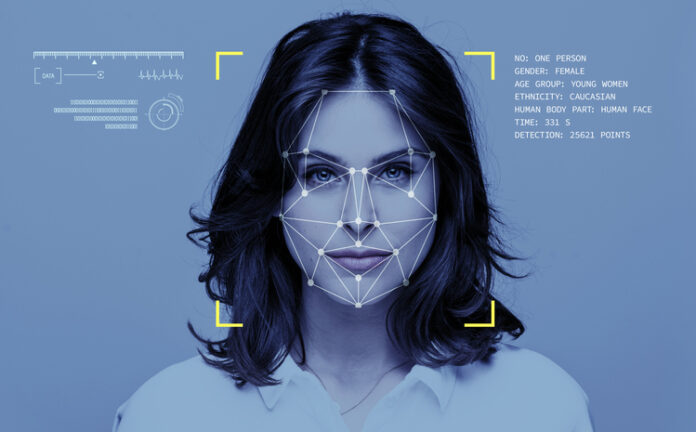The Digital Identity Services Trust Framework Bill, which will make it easier for New Zealanders to safely prove who they are digitally, has passed its third and final reading today.
“We know New Zealanders want control over their identity information and how it’s used by the companies and services they share it with. This framework will help make that easier and secure,” said Minister for the Digital Economy and Communications, Ginny Andersen.
“Whether it’s opening a bank account, sharing our medical history, conducting business online, or applying for Government services, it’s vital we trust the systems we use, and that service providers know what’s expected of them.
“The digital identity environment currently lacks consistent standards. This Bill introduces a new regulatory framework which will establish a framework for the provision of secure digital identity services.”
The Minister said the framework will make it easier to prove digital identity, because accredited businesses will be recognised by a ‘trust mark’, making them eligible for streamlined processes.
“At its heart this legislation is about giving New Zealanders greater choice. This is an opt-in system, and people will still be able to apply for services in person, over the phone, or by using physical credentials to show who they are when applying.”
“There will be no changes in the way government departments currently share information and specific provisions in the Bill will ensure that te ao Māori approaches to identity are considered in trust framework governance and decision making.
“It will also help New Zealand stand out as a leader in the ethical, trusted deployment of technology on the world stage. We already have an international reputation for being ethical innovators – and introducing this framework further solidifies that,” she said.



